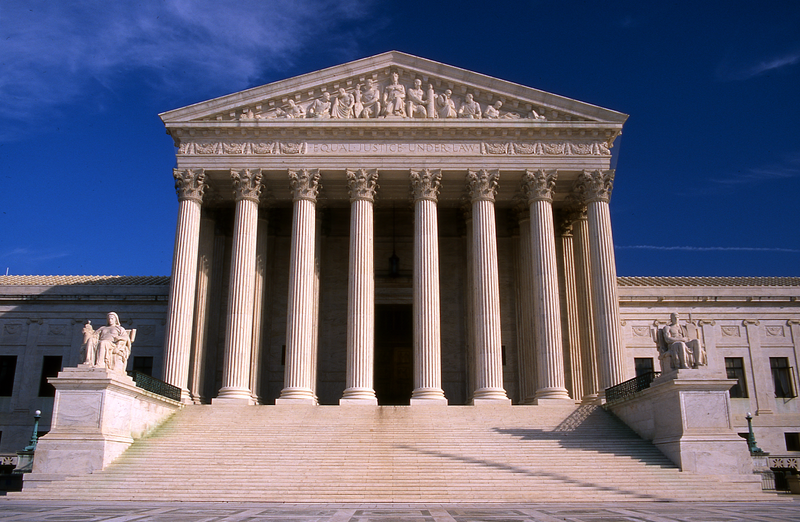JEFFERSON CITY, Mo. – Voters could see fewer issue advocacy advertisements being paid for by “dark money” groups following a federal court decision issued this week.
U.S. District Judge Christopher Cooper issued an opinion on Tuesday in the case of Citizens for Responsibility and Ethics in Washington (CREW) v. FEC, concluding that all “electioneering communications” should be presumed to count as political spending in the matter of deciding whether a group should register as a political action committee and disclose its donors.
It marks the second time that the court has ruled against the Federal Election Committee in the matter.
Judge Christopher Cooper ruled that the FEC had acted contrary to law in 2016 by dismissing its decision to dismiss CREW’s complaint against American Action Network (AAN), which CREW alleges spent millions on advertisements without revealing donors. His ruling returned the case to the FEC, but the commissioners blocked action against the organization again, leading to Judge Cooper’s decision this week.
What this decision could mean is that the FEC would have to look at organizations’ spending on ads that could influence elections, while taking a closer look at what exactly defines the line between the need to register as a PAC or not, and whether the ad’s major purpose is “influencing elections.” In only “rare” or “extraordinary” cases should an electioneering communication fall on the non-political side of the ledger for purposes of the applying the “major purpose” test, the court concluded.
The court described an electioneering communication that would likely be treated as non-political: “[An ad] runs 60 days before a midterm election; it does not mention the election or even indirectly reference it (e.g., by cabining the message’s timeframe to ‘this November’); the meat of the ad discusses the substance of a proposed bill; the ad urges the viewer to call a named incumbent representative and request that she vote for the bill; but it does not make any reference to the incumbent’s prior voting history or otherwise criticize her.”
“This decision marks a major victory not just for CREW but for believers in an open and transparent political process,” CREW Executive Director Noah Bookbinder said. “We hope to see a major change in the way the FEC approaches investigations of nonprofit organizations engaged in politics.”
“It’s a shame we have to keep taking the FEC to court to make it do its job,” Bookbinder continued. “Unfortunately, they have given us no other choice. If they do not want to keep losing in court, they should start enforcing the law.”
The basis of the court decision is likely to be challenged, but in the meantime, it could cause some 501(c)(4) groups to cut down on the volume of electioneering communications because of the increased risk, as those advertisements could be treated as political in nature.
But what does this mean in terms of Missouri organizations and their spending? In a state where dark money is a commonly discussed topic, a decision like this could be a big deal.
However, attorney Chuck Hatfield says it doesn’t mean anything directly for the Show-Me State right now because of three reasons:
1. This is just one non-Missouri court
2. This will surely be appealed and might not stand
3. This addresses FEC law, which is much more specific and intricate than Missouri law
That being said, the Missouri Ethics Commission generally tends to follow the guidance of the FEC on similar issues here in Missouri, and if the ruling stands, then it might allow the MEC to act more aggressively in the enforcement of who should be registering as a PAC.
Hatfield says that the question has always been at what point does a political communication cross over to the point of needing to register and report contributions.
The line had always been “express advocacy”, but that changed with the FEC having some regulations about the timing of issue advocacy ads, (also called interest advocacy or issue only ads). Hatfield says that the Show-Me State has little guidance on this issue, but the line has generally fallen at express advocacy. He notes that, however, this type of decision could move that line, if the MEC mirrors the FEC.
But as with all business related to the MEC, the lack of a quorum of commissioners will pump the brakes in any matters being decided or moving forward.
Read the court decision below:
 Loading...
Loading...
Benjamin Peters was a reporter for The Missouri Times and Missouri Times Magazine and also produced the #MoLeg Podcast. He joined The Missouri Times in 2016 after working as a sports editor and TV news producer in mid-Missouri. Benjamin is a graduate of Missouri State University in Springfield.














